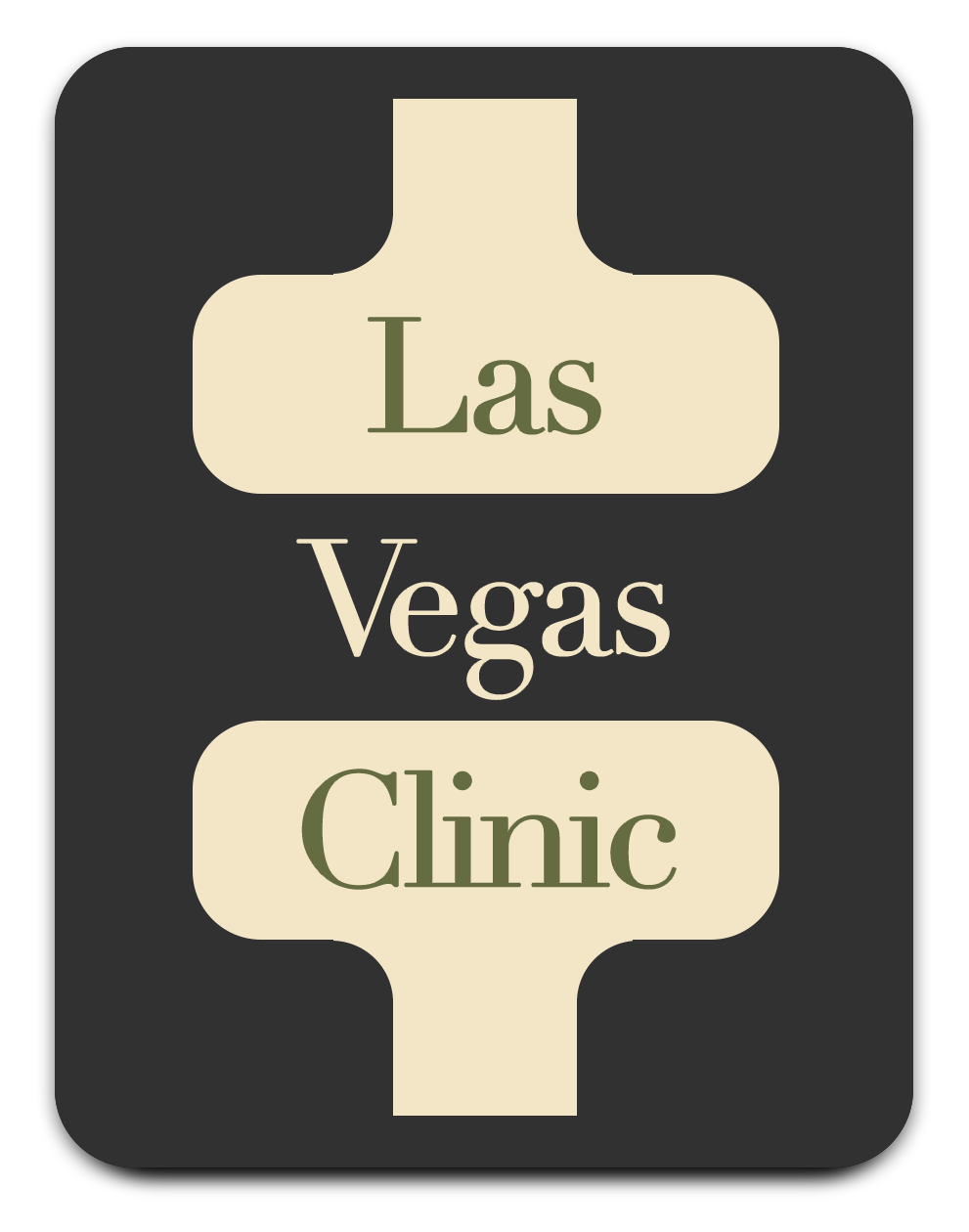Neurodiagnostics
This is the study and recording of electrical activity in the brain and nervous system to determine proper functioning. Las Vegas Clinic provides a multitude of neurodiagnostic testing services. Our studies are performed with the latest diagnostic equipment.
Neurodiagnostic tests performed at Las Vegas Clinic include:
Electromyography (EMG) and
Nerve Conduction Studies (NCS)
Electromyography and Nerve Conduction Testing is the electrical study of the peripheral nervous system and muscles, as well as connections from the peripheral nervous system to the central nervous system. This testing is performed using sophisticated and sensitive electrical equipment to determine presence or absence of nerve or muscle disorders. An EMG/NCS can help evaluate symptoms such as weakness, numbness, pain, fatigue, cramping and abnormal sensation within the arms, legs or face. Common conditions to look for include nerve impingement (such as carpal tunnel syndrome and pinched nerves in the neck or back), degeneration of nerves (such as neuropathy), and muscle diseases (such as muscular dystrophy and myopathy). Electrical testing of the peripheral nervous system can also include specialized testing to evaluate the connections of the nerves to the muscles (neuromuscular junction), and is useful in diagnosing conditions such as myasthenia gravis and Lambert-Eaton Syndrome.
Nerve Conduction Studies (NCS) are performed by a technologist or physician, and consist of taping small electrodes on the skin and applying a brief electrical stimulus to one portion of the nerve causing a tingling sensation and a muscle twitch. Electromyogram (EMG) is performed by a neurologist who analyzes the electrical activity of the muscles by inserting a fine, sterile, disposable needle into selected muscles. Any discomfort felt is only mild. The needles are sterile and are discarded after each patient.
Electroencephalogram (EEG)
An EEG records the electrical activity of the brain. Sensitive monitoring equipment records the activity through electrodes placed on the patient’s scalp. EEGs assist physicians in the diagnosis of a variety of neurological problems such as seizure disorders, and degenerative brain disease. The EEG is also used to look for organic causes of psychiatric symptoms, disabilities in children and to determine irreversible brain death.

